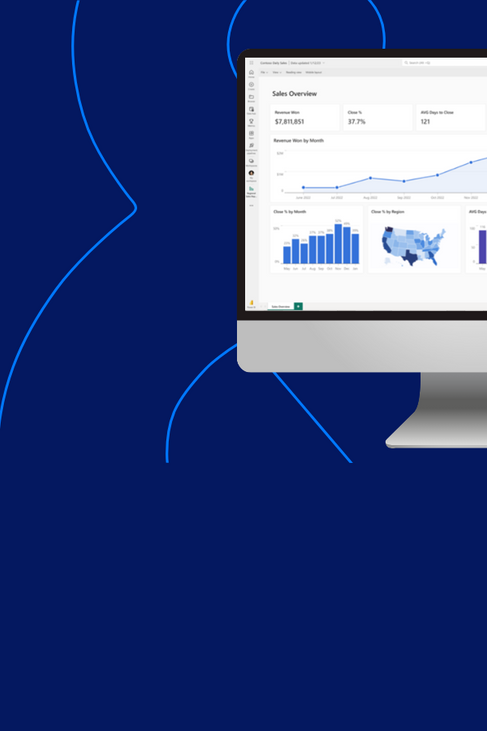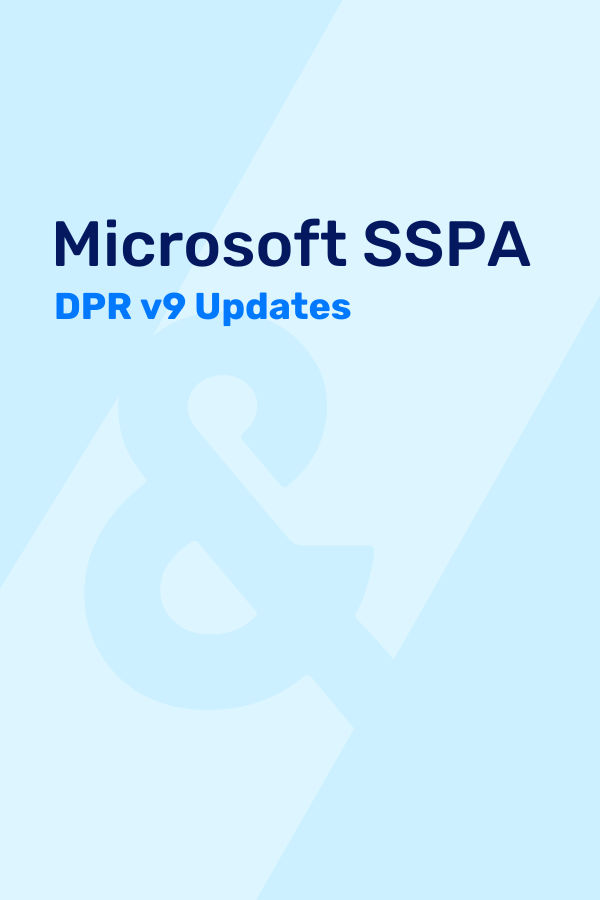They might seem straightforward, but licensing agreements are unique among financial transactions in that a licensor is reliant on the licensee to report accurate, complete information regarding their royalty obligation. And on the flipside, the licensee has almost total control over the information reported to the licensor to support their obligations.
The reliance on financial reports produced by licensees means that royalty audits are essential for licensors. Hopefully your company performs audits on contracts of all kinds, but the unique nature of licensing agreements, including patents and franchising, means that royalty audits are even more essential than more traditional contract evaluations. But they can be very complex, encompassing sales reports, general ledgers, and more. Unless you have in-house royalty audit experts and the bandwidth to dive in to those records (and few companies do), you’ll have to rely on a third-party experts to look under the hood and make sure you’re getting everything you’re owed. Here are five reasons why that’s worth your while.
- You might recover lost profits.
First and foremost, royalty audits can potentially recover significant lost revenues. If a licensee has under-reported their sales or their usage of the license—whether intentionally or through a genuine error in record-keeping—the oversight could mean considerable money owed to the licensor. And since royalty agreements can be sweeping, applicable to all sorts of transactions, the potential recovery could be significant.
- You can’t afford to wait.
Royalty contracts are also ongoing, which means that if you’re missing out on payments, the money that is lost adds up every reporting period that passes. Potential underpayments aren’t static. Recovery means catching up with every transaction that passes in the contract period, and that includes time being charged right now.
- You can solidify trust and strengthen relationships.
As with any audit, the best outcome is finding that all is well. If a licensee is totally compliant in their payments and usage of the license, you can enjoy the peace of mind that comes with an honest, meticulous partner. You can also verify that your partnerships are built on a trust and accountability—a validation that any honest partner should welcome.
- You can discover—and correct—misunderstandings.
Despite your best contract-writing efforts, agreements can still be interpreted differently. Sometimes a licensee will exclude certain sales or other items from their royalty calculation because they didn’t think it was covered by the agreement. Or perhaps royalty-bearing products get bundled with non-royalty-bearing ones and those sales are excluded from the reporting. Product numbers or SKUs may change, and this can impact the accuracy of the licensees reporting and subsequent royalty payment. While there may not be any deliberate violation of the agreed-upon terms, sometimes you don’t know what you don’t know—this is where the audit will get everyone on the same page and forge a stronger partnership for both parties.
- You can protect your reputation.
If your products, patents, trademark, or IP is being used by another company or by individual franchisees, you relinquish some control over how your brand is seen in the world. That means your name and reputation are potentially on the line, and audits are one way to ensure your image remains protected. This has ramifications beyond one single contract or your bottom line. Royalty audits can help keep your brand in the best possible light.
[sch_pullbox]To learn more about royalty audits and how to stay on top of the contracts to maximize your earnings—contact us to speak directly with a team member from SC&H Group’s Contract Compliance Audit Services practice.[/sch_pullbox]






